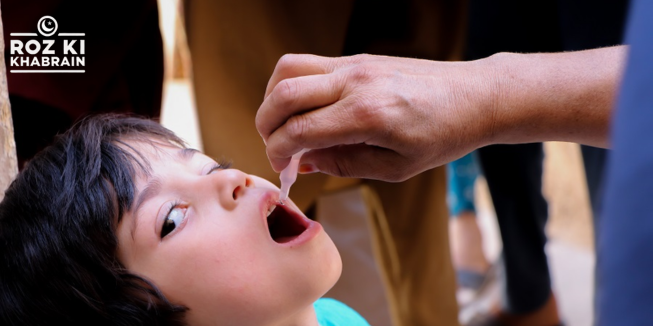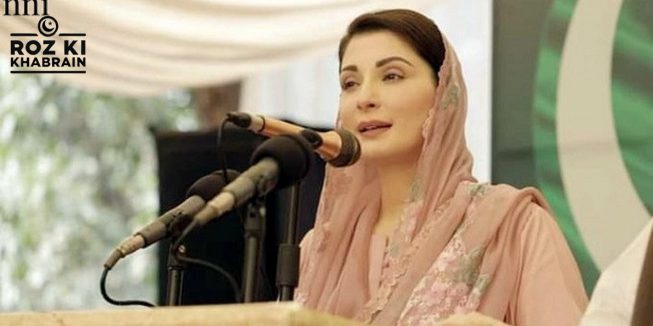As the global spotlight remains on Pakistan and Afghanistan—two countries still reporting polio cases—the situation in Afghanistan appears to be improving in comparison to Pakistan’s ongoing challenges.
In 2024, Afghanistan recorded 25 polio cases, while Pakistan reported 68 cases, with additional samples still being tested. A senior official from Pakistan’s Polio Programme suggested that Pakistan’s robust reporting system might explain the higher figures. Unlike Afghanistan, where underreporting is suspected, Pakistan ensures that every case is recorded and tested. “Pakistan follows a policy of transparency, with every union council submitting samples of paralyzed children, leading to thousands of tests each year,” the official explained.
Prime Minister Shehbaz Sharif has acknowledged the situation and formed a new team, appointing Ayesha Raza Farooq as the focal person for polio eradication and Anwarul Haq as the national coordinator to tackle the crisis.
A December 26 report from the Global Polio Eradication Initiative (GPEI) revealed significant disparities between the two countries. In Pakistan, 591 environmental samples from 106 sites tested positive for the virus, while only 100 positive samples came from 24 sites in Afghanistan. Polio has spread across 83 districts in Pakistan, while it is confined to just 11 provinces in Afghanistan.
The report also highlighted differences in vaccination coverage. In Afghanistan, 16% of children with polio had never received a dose of the oral polio vaccine (OPV), compared to 12% in Pakistan. With a population of 45.4 million children under five, Pakistan’s larger demographic presents unique challenges, despite both countries conducting nine vaccination campaigns in 2024.
Officials acknowledged Pakistan’s enduring struggles, citing the polio program’s long history dating back to 1994. Security concerns in regions like former FATA, Karachi, and Peshawar have created inaccessible areas, allowing the virus to persist.
Pakistan has recently begun mapping areas with high vaccine refusal rates, with plans for improvements in the coming year. However, officials concede that the road to polio eradication has been hindered by setbacks.
“Despite being close to eradicating polio multiple times, unforeseen challenges—such as the impacts of the war on terror—reversed progress. Inaccessible areas and immunity gaps have led to resurgences, paralyzing hundreds once again,” said one official.
Pakistan remains committed to overcoming these obstacles in its ongoing fight against polio, determined to rid the country of the disease.




